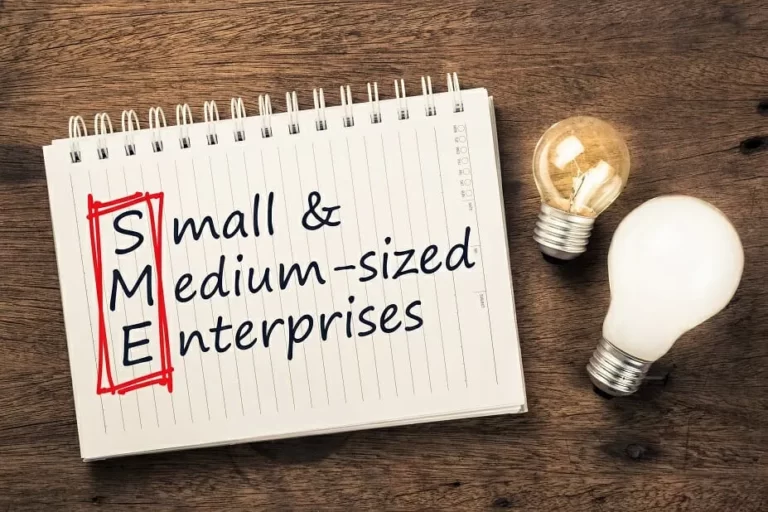It is Risk-Free to do Business as Sole Proprietorship and traditional Partnership
A Big “NO”
Businesses in India can be done by various different methods. There is no doubt that due to increase innovation and technology, the world market has become closer and closer and in fact, it hardly takes time to close the deal across the Globe due to technology and innovation. In today’s competitive business market, the most important decision for any entrepreneur to choose the best method of doing business so that there are no issues in the future. Choosing the right type of business structure is the first step towards achieving success. At present, in India, following are the types of Business Entities under the laws of India:
a) Sole Proprietorship Firm
b) Partnership Firm (Registered or Unregistered)
c) Company (Private or Public (Listed or Unlisted)
d) One Person Company (OPC) Pvt Ltd
e) Limited Liability Partnership
f) Hindu Undivided Family (HUF)
g) Body of Individuals
h) Association of Persons
i) Trust (Private or Public)
Governing Laws:
· Sole Proprietorship Firm: No specific law governing this business entity but other laws are applicable as for other entities
· Partnership Firm: Indian Partnership Act, 1932
There is no doubt that the easiest and best method to start any business is Sole Proprietorship and thereafter Partnership Firm. The legal process in starting the Sole Proprietorship business is very easy and in fact, it can be started in a day or two without GST and with GST within three days. Sole Proprietorship suits when there is one Owner or it is a family business. The best benefit of Sole Proprietorship is that there cannot be any delay in taking decision for any kind of business commitment and in fact this has since many years worked well and there are many still operating Sole Proprietorship business which has reaped good benefits but due to change in time and new laws and in fact strict laws with a higher penalty and with daily change of technology, Sole Proprietorship may not work as good as it was earlier. Even in regard to Partnership business entity, many of the partnership business dealing in huge turnover is still unregistered as many of them are still not aware that the negatives of not getting their partnership unregistered and they face the problem only when issues come for approaching Court as an unregistered partnership firm cannot approach the court. There are many other disadvantages for unregistered partnership firm and hence it is important that all partnership business shall be registered. I shall not cover the advantages and disadvantages of unregistered and registered partnership business hereby but the main reason for this article is to share the point as to why the time has come to stop the business under as Sole Proprietor and Partnership Firm.
In today’s competitive business market and regularly changing market, it is always dangerous if there is no CAP (it means limitation/maximum limit) on liability and not having this benefit in today’s times and that too under the era of Insolvency and Bankruptcy Code laws is too dangerous. For me, the most important aspect of not doing the business as Sole Proprietorship and Partnership is not having Limited Liability concept and this is enough to shift to another mode of doing the business. Most of the jewelry business (mostly by Jains) was used to be Sole Proprietorship and Partnership but now are changing to Pvt Ltd for reasons not only attributable to this but the good thing is they are changing their business type.
The One Person Company (OPC) or Limited Liability Partnership (LLP) is nothing but a new form of Sole Proprietorship and Partnership. The monetary liability in this method is always limited. As stated the risk extends to any liabilities incurred as a result of acts committed by employees of the Sole Proprietorship and/or Partnership Firm.
There are provisions under the Laws of India to convert from one business type to another and an experienced professional will guide perfectly from legal as well as accounting perspective.
Why not a Directory of Sole Proprietorship Firm and Registrar of Firm is made online unlike and similar to ROC?
We are in the era where Technology is ruling the world and in fact who are adapting to the changes with Technology are surviving and in this Lockdown period, the importance of Technology is being understood by a majority of the population. There are many judgments even by the Courts of India to accept the Technology. Even summons can be issued via Whatsapp though not statutorily accepted as the only mode but at least importance is being given and in certain cases, the Linkedin profile is being used as part of the evidence, in a matter where it adds to evidence value. There is no reason to understand why there is no online database being created for Sole Proprietorship Firm, Partnership, Hindu Undivided Family (HUF), Body of Individuals and Association of Persons so that it makes easy for the public to do it search and found its validities and thereby creating faith in such business entities and business being done at more ease. I am of the strong view that all the details of such business shall be made online like ROC is operating (www.mca.gov.in) so that there is transparency and also works smoothly in courts for claims. All the details are available as all business having bank account has Pan Card so this can be done easily.

Advocates, Arbitration Lawyers, Consulting Lawyers and IPR Attorneys
Useful Links
17/2 & 3, Parvati Niwas, Juhu Village, First Floor, Sector – 11, Vashi, Navi Mumbai – 400703
@ E-mail:email@fireflieslegal.com
@ (M): 8286000868
@ (O): 7400236789/ 7208790701/ 7208790702/ 7208790703/ 7208790705
















